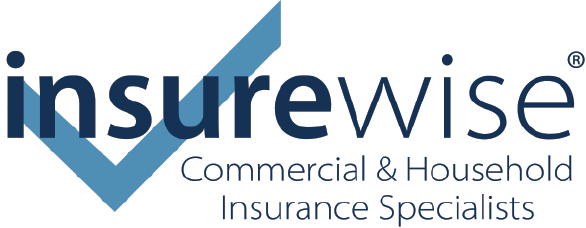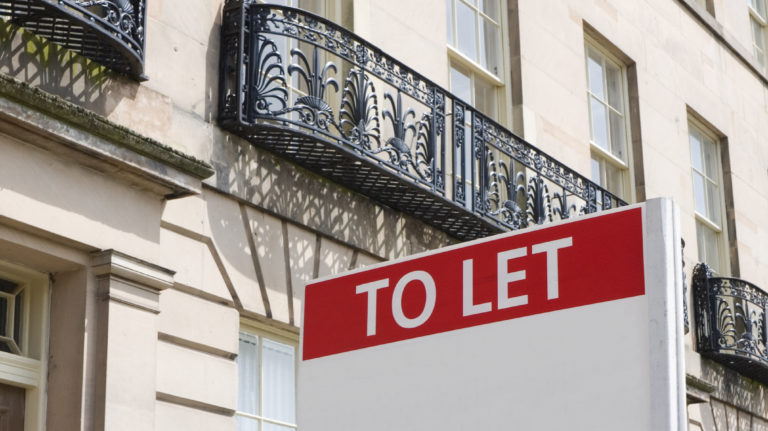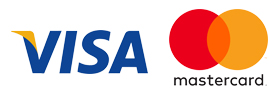Vehicle accidents can happen to anyone, no matter how good or careful a driver may be.
However, if you are unfortunate enough to be involved in an accident, here are some tips that you should note if you need to make an insurance claim.
Be careful what you say
Be mindful of your words at the scene, both to the other driver and to any bystanders.
Even if your instinct is to apologise, it’s best not to. Phrases like “I’m sorry” can be misinterpreted as admitting fault, even if you weren’t to blame.
According to motoring organisation AA, avoiding an apology can help protect you from liability if the accident wasn’t your fault.
Speak to witnesses
Witnesses can be crucial when neither driver remembers what happened. Take a few minutes to speak to anyone who may have seen the incident. If they can’t stay, ask for their contact details so you or your insurer can follow up later. Hearing their account can help you process what happened and provide important evidence when determining liability.
Take lots of pictures
Don’t just focus on the damage to vehicles, capture the wider scene with pictures that include
- The vehicles from different angles
- Road layout, traffic signs, and surroundings
- Weather conditions, skid marks, and debris
- Any CCTV cameras nearby (note their location in case footage is needed)
The more evidence you collect, the stronger your case will be if questions about fault arise.
Car Accident Checklist
Stay Safe
- Stop immediately and turn on hazard lights.
- Check for injuries (yourself, passengers, others).
- Call emergency services if anyone is hurt.
Protect Yourself Legally
- Stay calm and polite, but do not admit fault or say “sorry.”
- Only exchange necessary details (name, contact, insurance).
Gather Evidence
- Take photos:
- Vehicle damage (close-up and wide shots)
- Full scene (car positions, road layout, signs, weather, skid marks)
- Any debris, traffic lights, or obstructions
- Look for CCTV nearby and note locations.
- Speak to Witnesses
- Approach anyone who saw the accident.
- Write down their name and contact details.
- Ask if they’d be willing to give a short statement later.
- Record Key Details
- Time, date, and exact location of the accident.
- Other driver’s vehicle make, model, colour, and registration.
- Insurance details (if available).
- Names and badge numbers of attending police/paramedics.
- Report the Accident
- Contact your insurer as soon as possible.
- If required, notify the police (especially for injuries or major damage).
Stay safe on the road.
Neil McCulloch (Managing Director)































